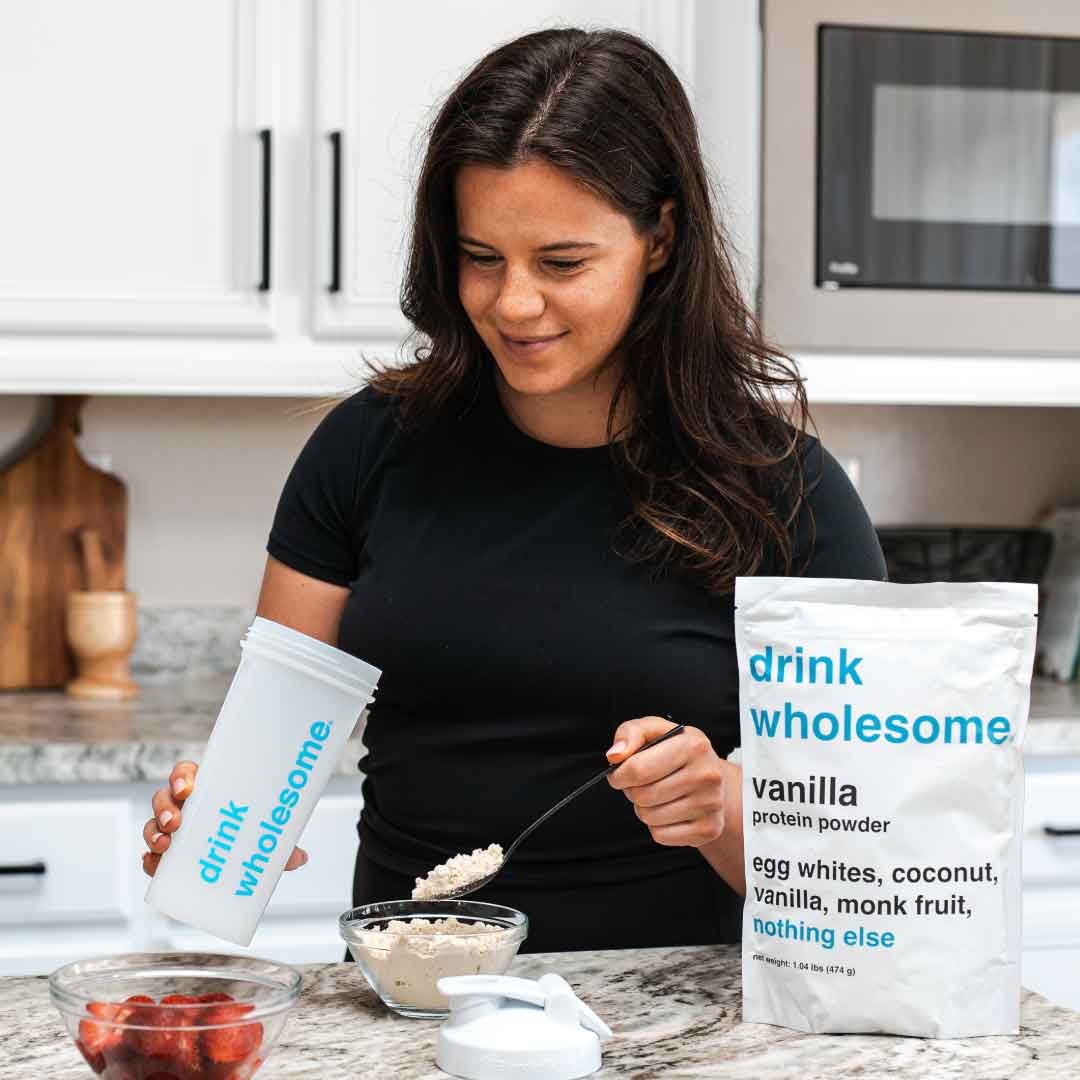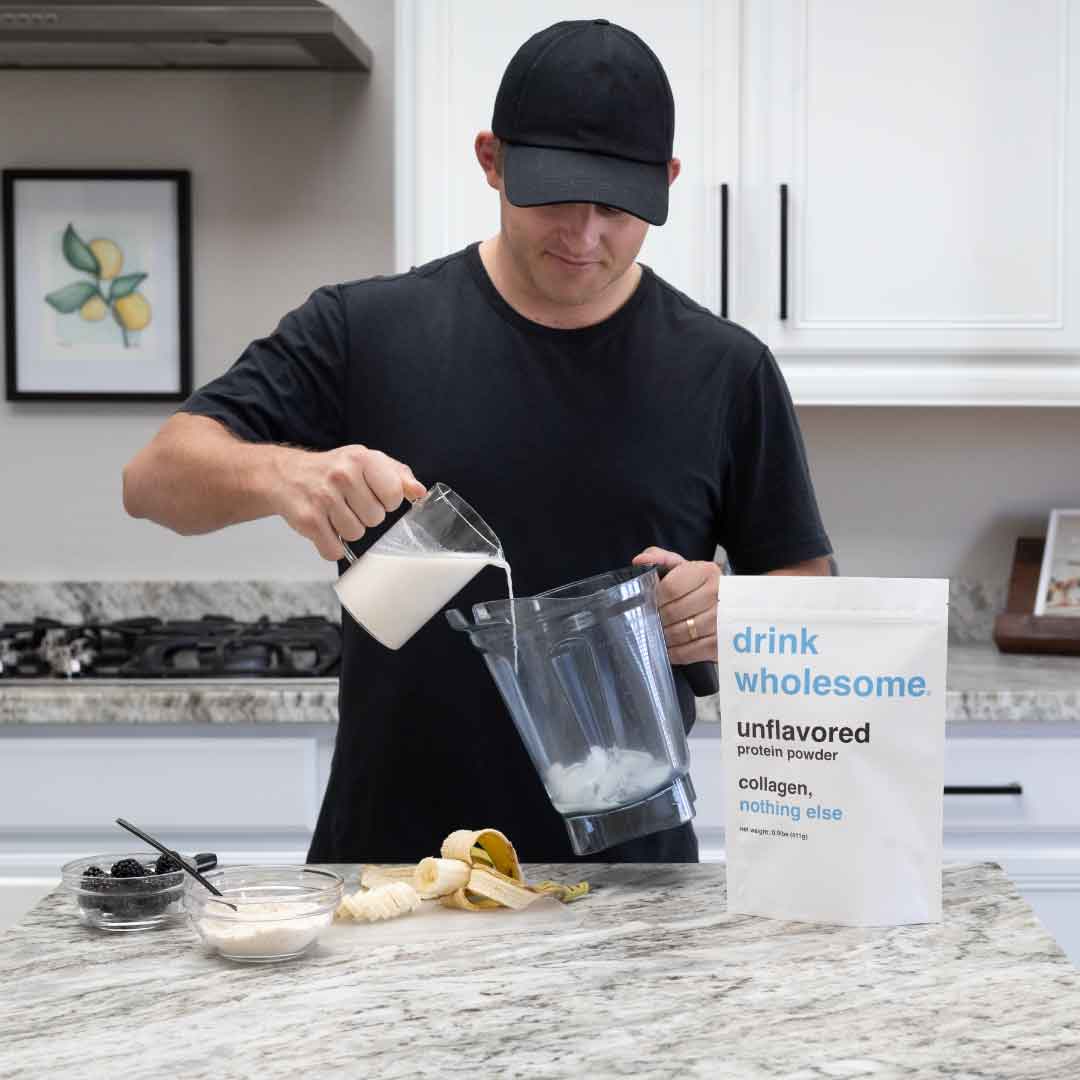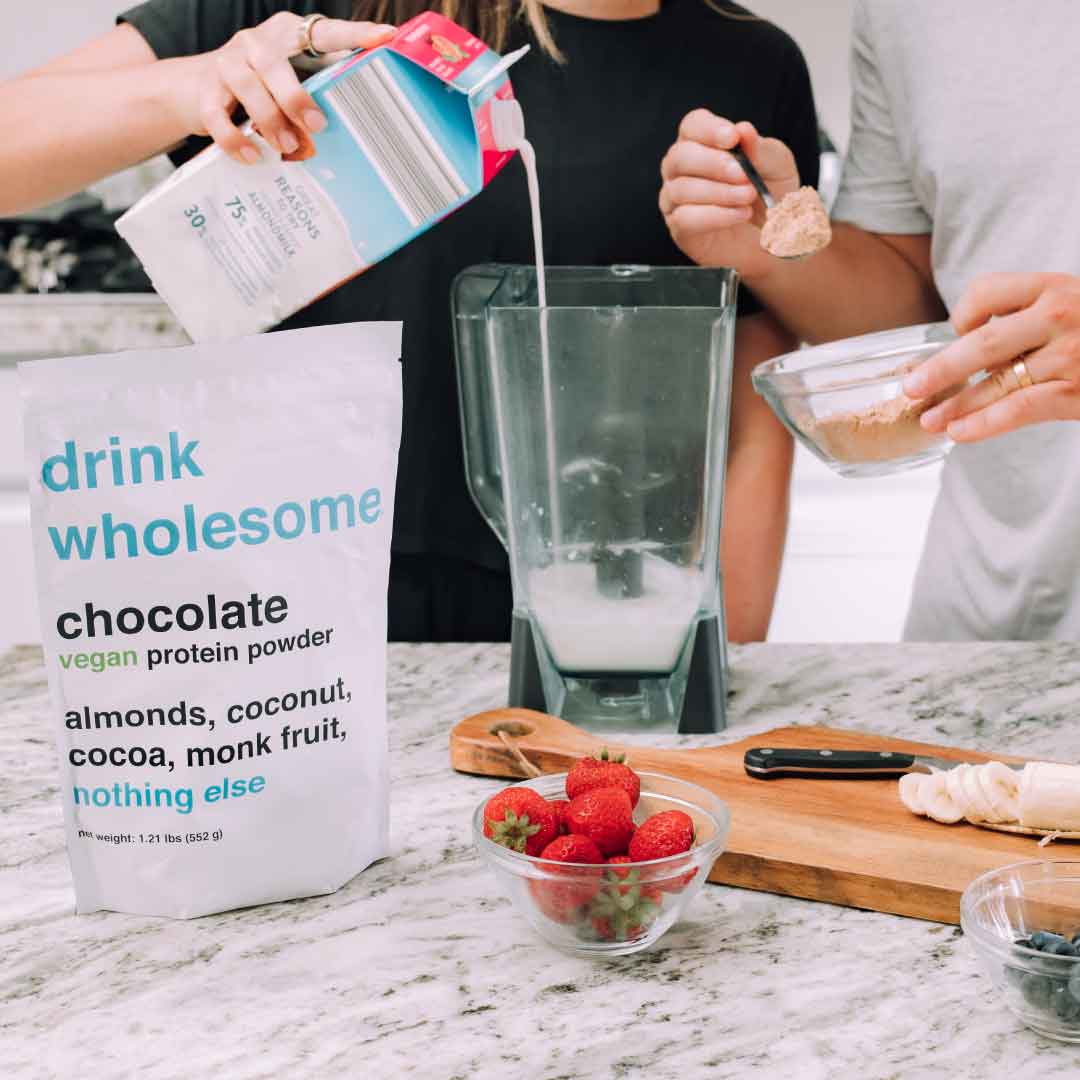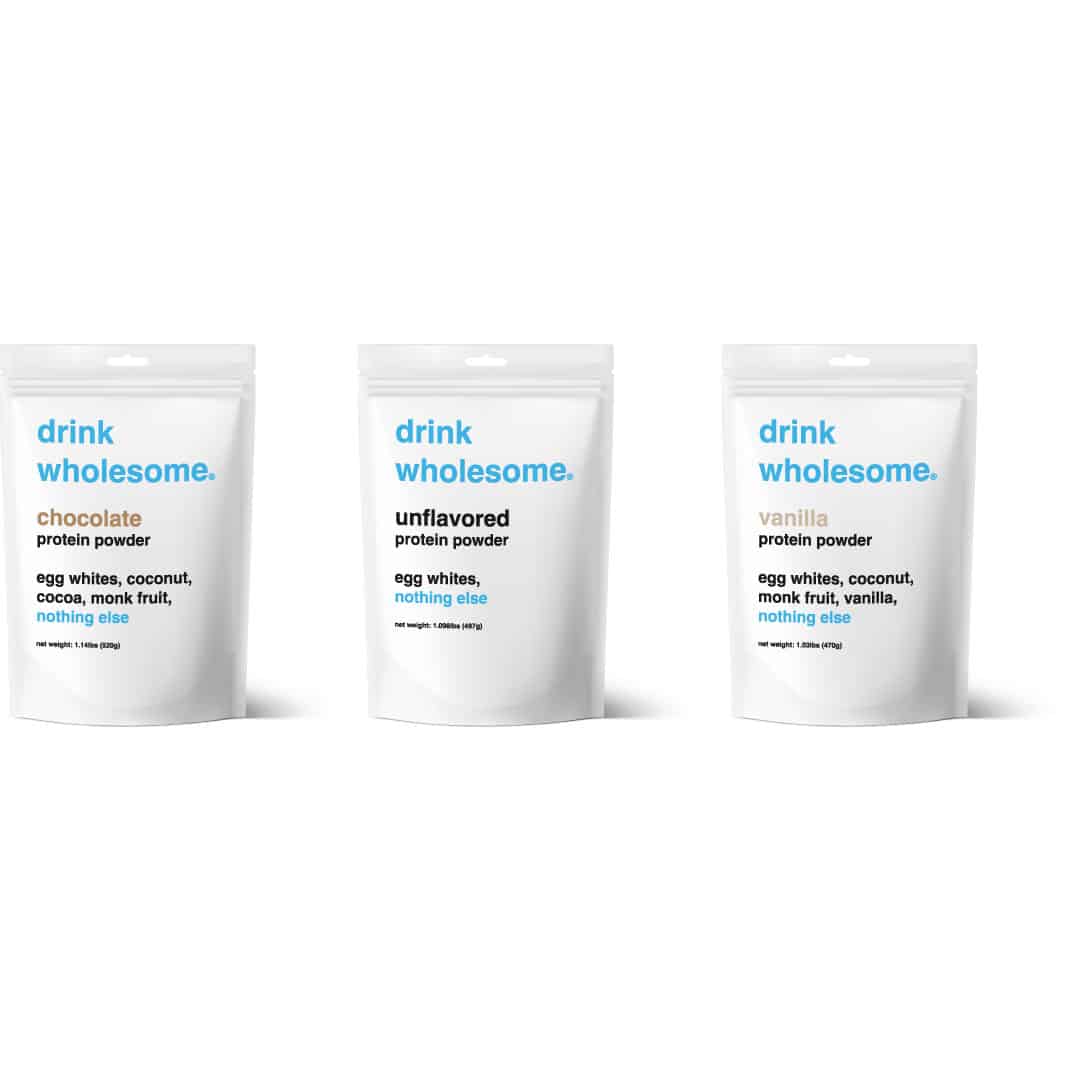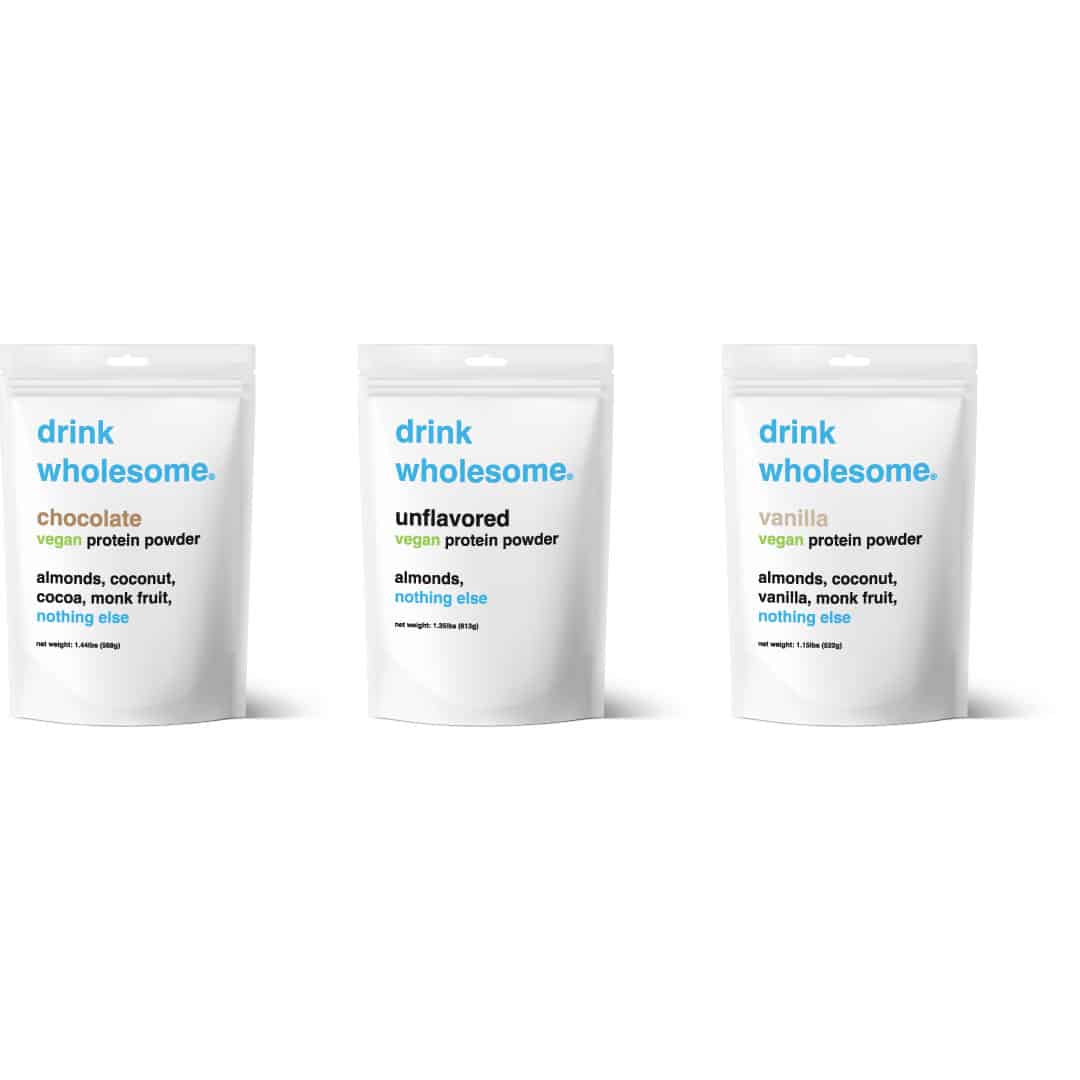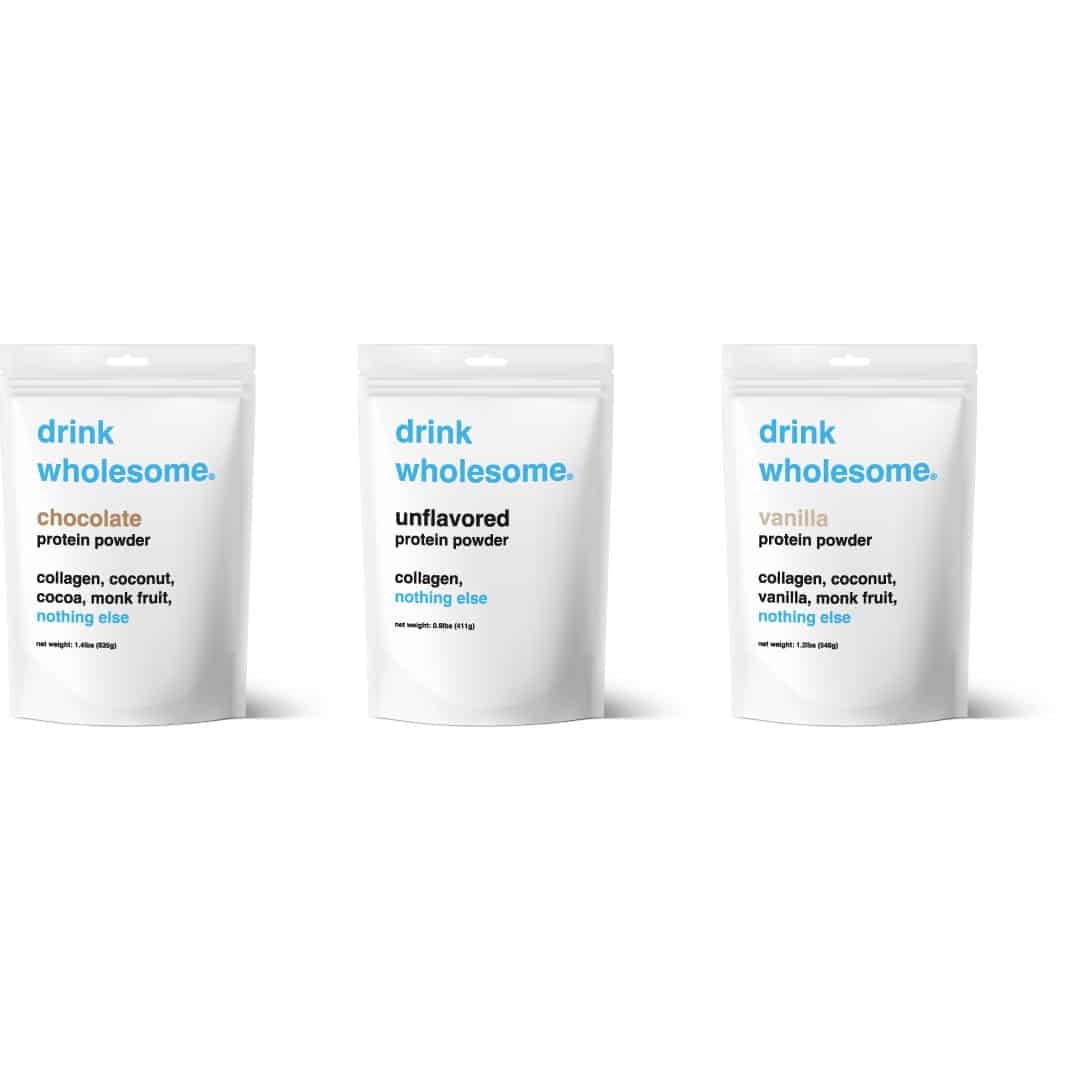What are the ingredients to avoid in protein powder?
If you are wondering what ingredients to avoid in protein powder, you have come to the right place. In this article, I identify the top 3 bad ingredients in protein powder so you can easily and safely boost your protein intake. This article was written by Jack Schrupp.
The top 3 protein powder ingredients avoid
Here is a summary of the ingredients to avoid in protein powder. This is by no means a comprehensive list, but it touches on the top offenders. By avoiding these ingredients from your diet, you can ensure that your protein supplement is helping you safely increase your protein intake.
1. Avoid food additives
Food additives are one of the top 3 protein powder ingredients to avoid. Even in small amounts, additives can cause painful side effects and long-term health problems. Here is a list of the most common food additives in protein powder:
acacia fiber, acacia gum, acesulfame potassium, artificial flavors, ascorbic acid, aspartame, calcium carbonate, carrageenan, cellulose gum, dextrin, dicalcium phosphate, dipotassium phosphate, erythritol, gellan gum, guar gum, gum arabic, inulin, locust bean gum, maltodextrin, mono- and diglycerides, ‘natural’ flavors, rice bran extract, rice dextrin, rice hulls, rosemary extract, silica, silicon dioxide, sodium alginate, sodium bicarbonate, soluble corn fiber, soy lecithin, sucralose, sunflower lecithin, tocopherols, tricalcium phosphate, xanthan gum, xylitol, zinc oxide
The problem with food additives is they are hard to digest. As a result, they tend to cause digestive issues, including bloating, diarrhea, and stomach pain. Over time, regularly eating certain food additives can also alter the composition of your gut microbiome – the collection of microorganisms living in your gut. This can lead to gut dysbiosis, which is not only a leading driver of inflammation, but also linked to chronic diseases like inflammatory bowel disease (IBD), obesity, type 1 diabetes, and colorectal cancer.
2. Avoid airy-based proteins
Dairy-based proteins like whey and casein are also another one of the top protein powder ingredients to avoid. Whey and casein contain lactose, a sugar most people cannot fully digest. For this reason, they too cause digestive issues.
3. Avoid protein concentrates & isolates
Most protein powders are made from protein concentrates and isolates, which have been stripped of everything but the protein, including the enzymes, fiber, and other natural digestive aids that help you break them down. For this reason, they can upset your stomach, and may even upset the balance in your gut microbiome.
The ingredients in drink wholesome
Our protein powders are free from the top 3 protein powder ingredients to avoid. Unlike most protein powders, we do not use food additives, dairy-based proteins, or protein concentrates or isolates. Instead, we make our protein powder from a short list of simple ingredients.
egg whites, coconut, cocoa, monk fruit
the alternative:
Protein Matrix Comprised of (Whey Protein Concentrate, Whey Protein Isolate, Calcium Caseinate, Micellar Casein, Milk Protein Isolate, Egg Albumen, Glutamine Peptides), Polydextrose, Sunflower Creamer (Sunflower Oil, Corn Syrup Solids, Sodium Caseinate, Mono- and Diglycerides, Dipotassium Phosphate, Tricalcium Phosphate, Soy Lecithin, Tocopherols), Natural and Artificial Flavor, MCT Powder (Medium Chain Triglycerides, Nonfat Dry Milk, Disodium Phosphate, Silicon Dioxide), Lecithin, Cellulose Gum, Salt, Yellow 5, Sucralose, Acesulfame Potassium, Papain, Bromelain
Note that instead of using protein concentrates or isolates, we use whole food protein sources like collagen, egg whites, and almonds. Protein sources like these are easy to digest and absorb, and each bring a unique set of digestive benefits to the table.
Collagen can reduce bloating and improve digestive symptoms. Almonds are rich in prebiotic fiber and improve the composition of your gut microbiome. Egg whites are alkaline, meaning they balance the pH levels in your gut, and promote the growth of good gut bacteria.
Our customers thus experience fewer digestive issues with our protein powders than with any other type of protein supplement. Order samples to see for yourself.
This content is not intended to be a substitute for professional medical advice, diagnosis, or treatment. drink wholesome is not intended to diagnose, treat, cure or prevent any disease.




